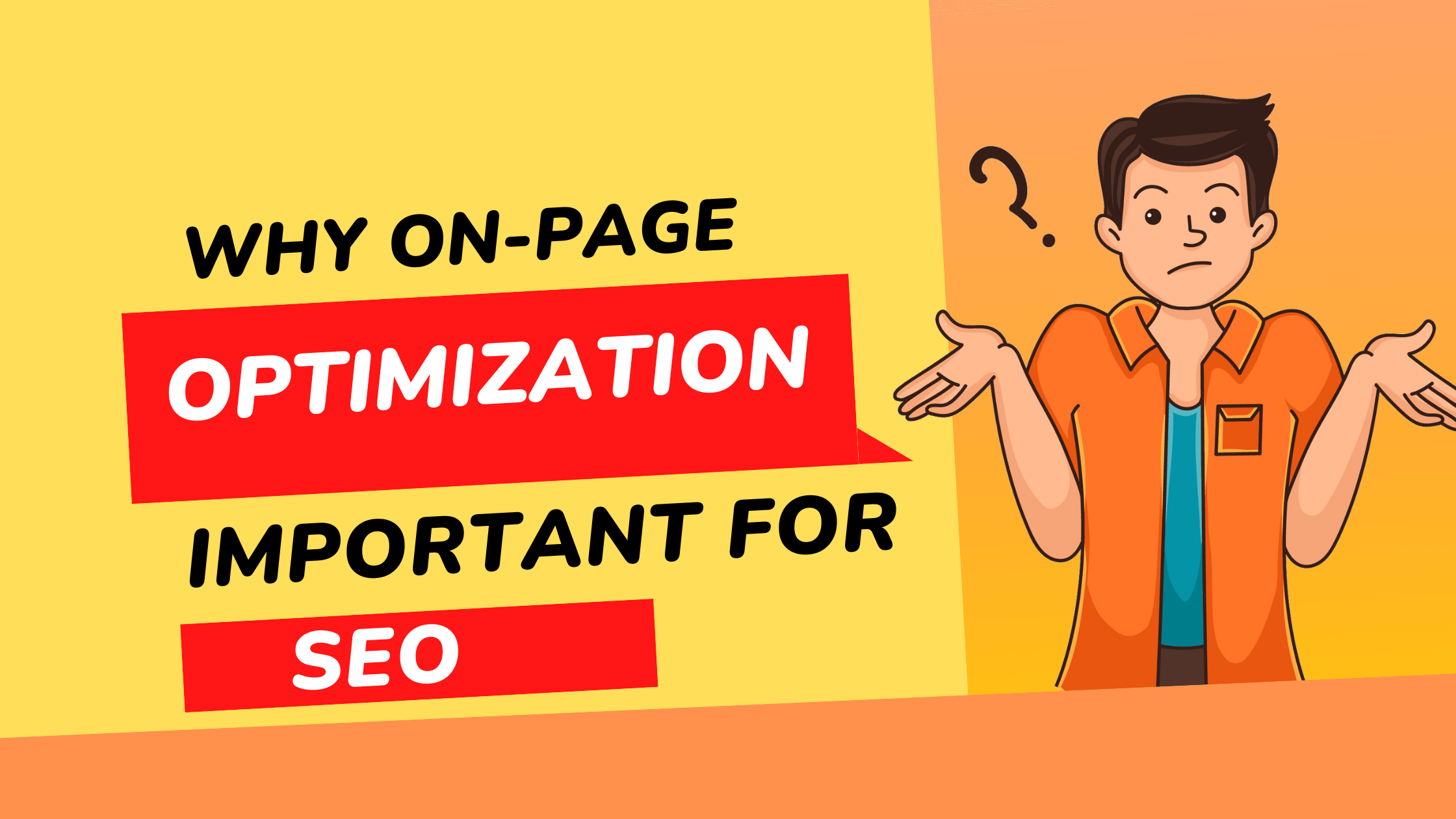On-page optimization plays a crucial role in search engine optimization (SEO) as it focuses on optimizing various elements within a webpage to improve its visibility and relevance to search engines. Here are several reasons why on-page optimization is important for SEO:
- Higher Search Engine Rankings: On-page optimization helps search engines understand the content and context of a webpage. By optimizing on-page elements such as title tags, meta descriptions, headings, and keyword usage, you can increase the chances of your webpage ranking higher in search engine results pages (SERPs). Improved rankings lead to increased visibility and organic traffic to your website.
- Enhanced User Experience: On-page optimization involves structuring and organizing the content of your webpage in a user-friendly manner. By optimizing page load speed, improving mobile responsiveness, and ensuring easy navigation, you provide a better user experience to your visitors. A positive user experience leads to longer time spent on your site, lower bounce rates, and increased engagement, all of which are factors search engines consider when determining rankings.
- Targeted Keyword Optimization: On-page optimization allows you to target specific keywords and phrases relevant to your content and audience. By conducting thorough keyword research and strategically incorporating these keywords into your webpage’s title, headings, content, and image alt text, you signal to search engines the focus and relevance of your page. This helps search engines connect your webpage with relevant search queries, increasing the likelihood of ranking for those keywords.
- Improved Click-Through Rates (CTRs): On-page elements like title tags and meta descriptions play a vital role in enticing users to click on your webpage in the search results. By optimizing these elements to be compelling, concise, and keyword-rich, you can increase the chances of attracting clicks from users who find your page relevant to their search intent. Higher CTRs indicate to search engines that your webpage is valuable and relevant, further boosting its visibility in SERPs.
- Better Structured and Readable Content: On-page optimization involves optimizing the structure and readability of your content. This includes using proper heading tags (H1, H2, etc.), breaking up content into paragraphs and bullet points, and using descriptive anchor text for internal linking. Well-structured content makes it easier for search engines to understand and index your web page’s content, enhancing its visibility and relevance.
In summary, on-page optimization is important for SEO because it improves search engine rankings, enhances user experience, targets relevant keywords, increases click-through rates, and optimizes content structure and readability. By implementing effective on-page optimization strategies, you can improve your website’s visibility, attract more organic traffic, and ultimately achieve your SEO goals.

